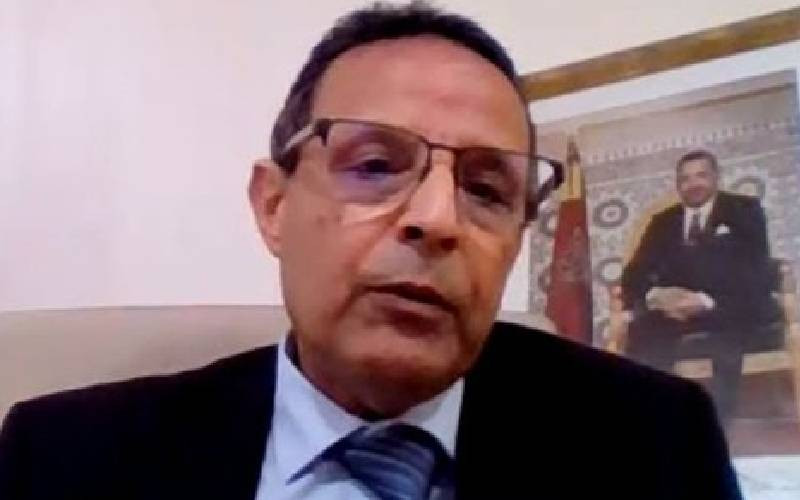×
The Standard e-Paper
Join Thousands Daily

A recent seminar on the nexus between terrorism and separatism at the University of Nairobi allowed participants to take stock of the challenges related to these two phenomena.